As the sun sets on RFK Stadium, its future hangs in the balance, as it is between preservation and reinvention. This iconic landmark, steeped in history and sporting glory, stands as a testament to the passage of time and the evolution of urban landscapes.
Commanders owner Josh Harris stated that “RFK was a place where the opposing teams didn’t want to play, we had an extra man on the field”.
RFK Stadium’s fate is not unique, as countless venues around the world have faced similar crossroads, leading to their demise or transformation. What lessons can be gleaned from the experiences of these venues, and what might the future hold for RFK Stadium?
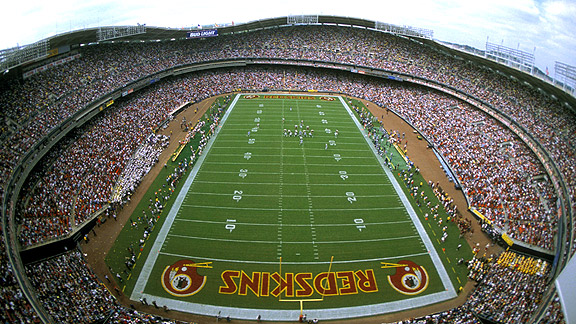
RFK Stadium, named in honor of Robert F. Kennedy, has witnessed a multitude of historic moments since its inauguration in 1961. From championship victories to legendary concerts, the stadium has left an indelible mark on the cultural fabric of Washington, D.C. Yet, like many aging structures, RFK Stadium wrestles with the challenges of outdated infrastructure and declining relevance in todays time.
D-Ariz Representative Raul Grijalva agrees as he states “While there appears to be broad support in DC government for this bill there’s not a uniform position on what should be developed at this site or whether or not for example there should be a new stadium,”
In examining the future of RFK Stadium, parallels can be drawn to other venues that have faced similar dilemmas. One such example is New York City’s Shea Stadium, former home of the Mets and the Jets. Despite its rich history, Shea Stadium ultimately succumbed to the wrecking ball in 2009, making way for the construction of Citi Field. The decision to replace Shea Stadium was driven by the desire for modern amenities and enhanced fan experiences, reflecting a broader trend in stadium development.
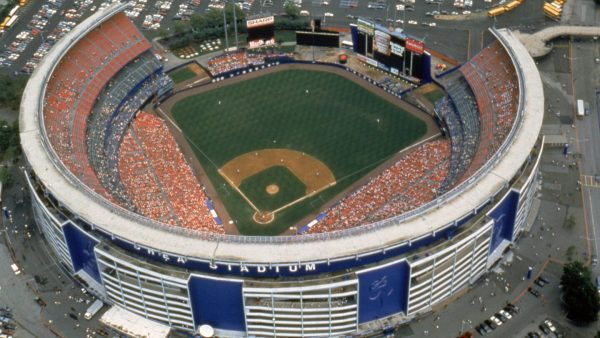
Similarly, Montreal’s Olympic Stadium, once the centerpiece of the 1976 Summer Olympics, has faced its own share of challenges. Despite attempts at revitalization, including the installation of a retractable roof, the stadium has struggled to attract consistent usage and remains a symbol of missed opportunities. The lessons learned from Olympic Stadium serve as a cautionary tale for the future of RFK Stadium, highlighting the importance of adaptability and good planning.
While the fate of RFK Stadium remains uncertain, there are pathways to reinvention that offer hope for its future. One approach involves the adaptive reuse of the stadium and its surrounding grounds, transforming the site into a vibrant mixed-use district. By incorporating residential, commercial, and recreational elements, RFK Stadium can become a focal point of community life, serving as a catalyst for economic growth and urban revitalization.
Another potential avenue for RFK Stadium’s future lies in sustainable redevelopment. By prioritizing energy-efficient design, green spaces, and sustainable transportation options, the project can minimize its environmental impact while fostering a sense of stewardship for future generations. The success of sustainable redevelopment initiatives, such as the transformation of London’s Olympic Park into a model of eco-friendly urban design, demonstrates the potential for RFK Stadium to lead by example in sustainability.
As RFK Stadium stands at the crossroads of preservation and reinvention, it faces a future fraught with uncertainty yet ripe with opportunity. By drawing lessons from the experiences of other venues and embracing innovative approaches to redevelopment, RFK Stadium can carve out a new chapter in its storied history. Whether it be through adaptive reuse, sustainable design, or a combination of both, the future of RFK Stadium is a testament to the enduring legacy of iconic venues and the communities they serve.


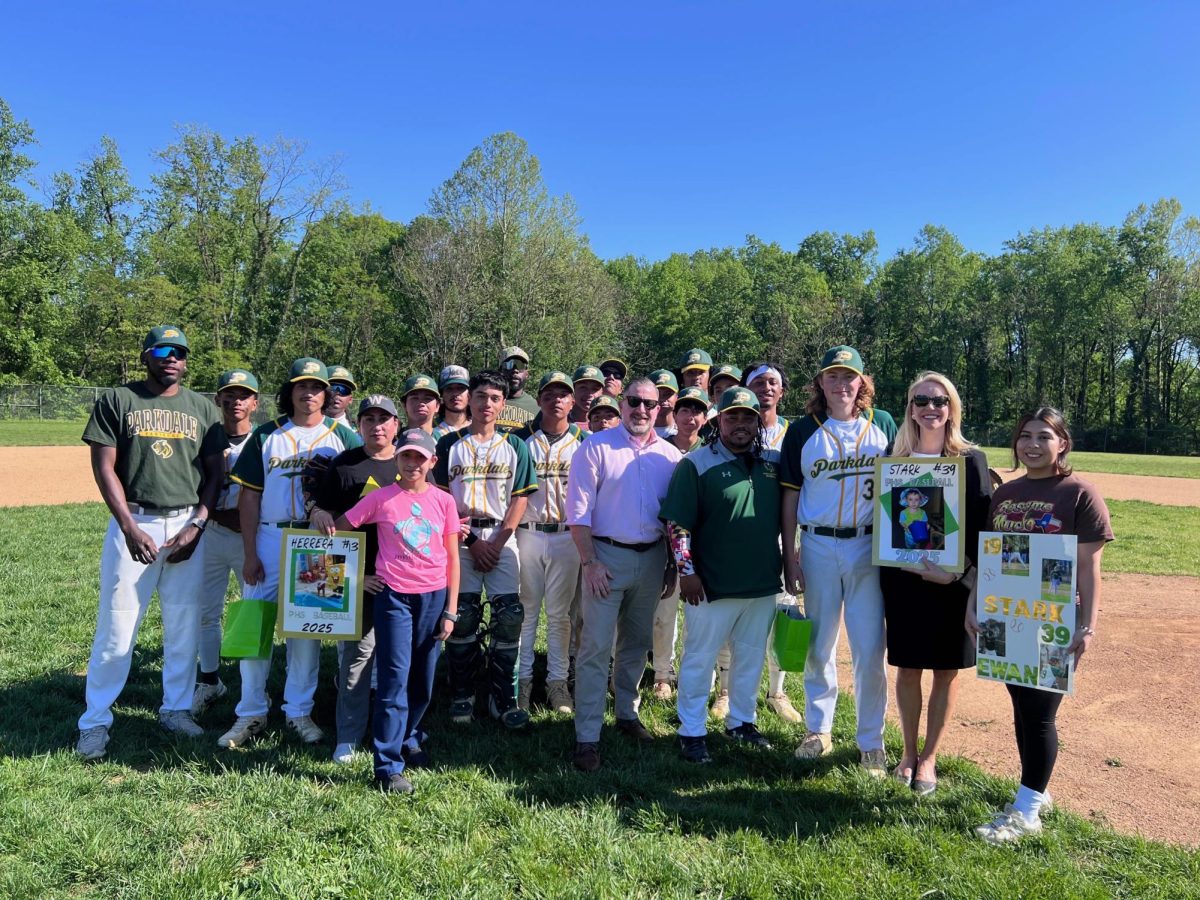

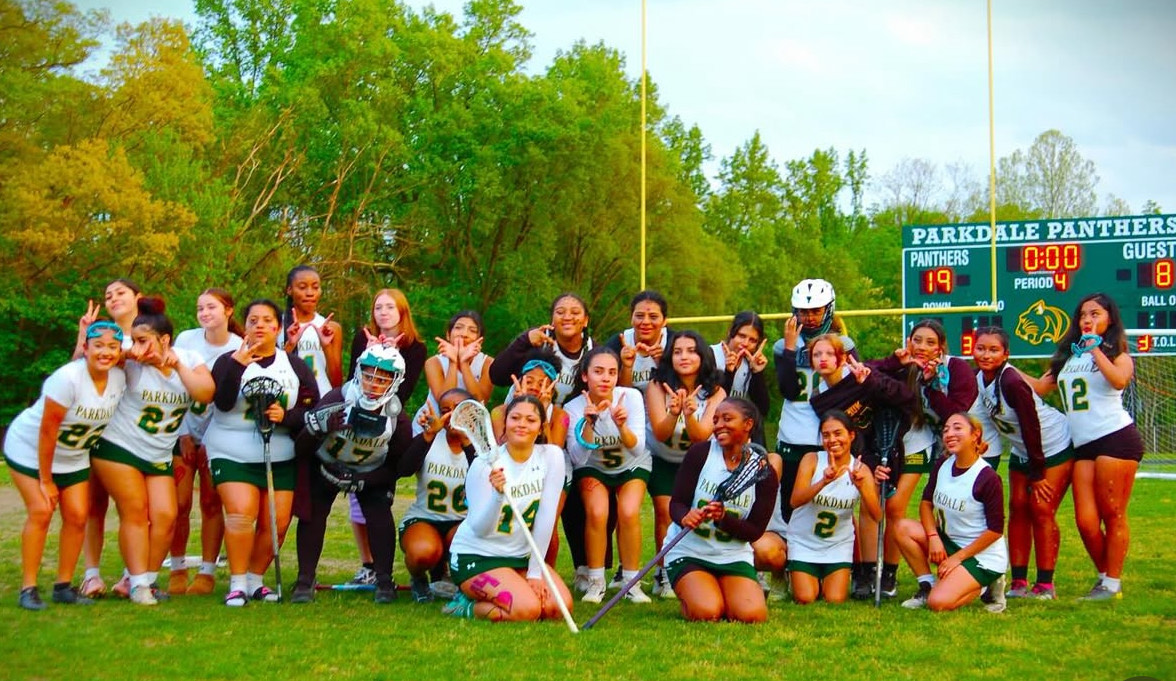

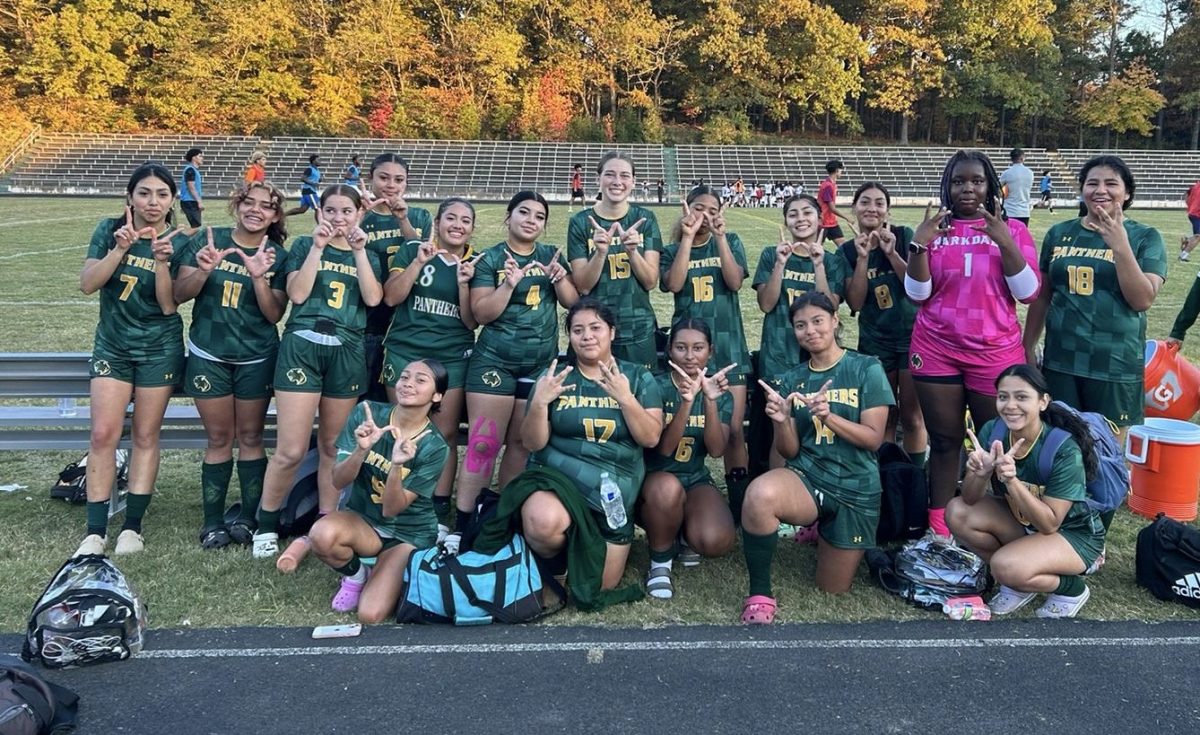

Michael • Jun 13, 2025 at 12:21 pm
This could be a good and bad thing. It could be good because the now known Commanders, will be back in dc but it could be bad because of the gentrification. This could cause the property value to skyrocket which would lead to families being forced out of their homes.
Kingpark resident • Aug 31, 2024 at 11:58 am
Serving communities? Will the revamp of RFK cause DC residents to have lose their homes due to the expansion of the stadium? Will eminent domain come into play if people refuse to give up their homes? Will they be ultimately forced out of their homes?